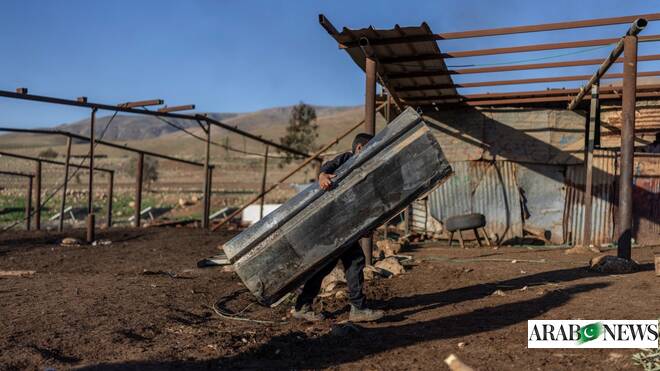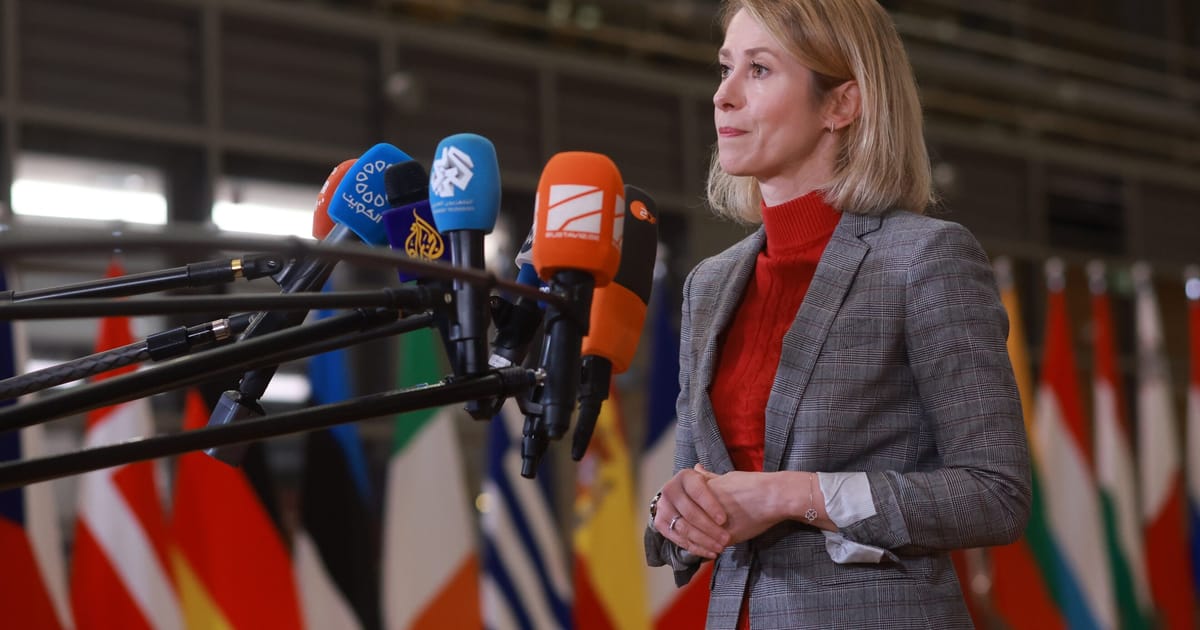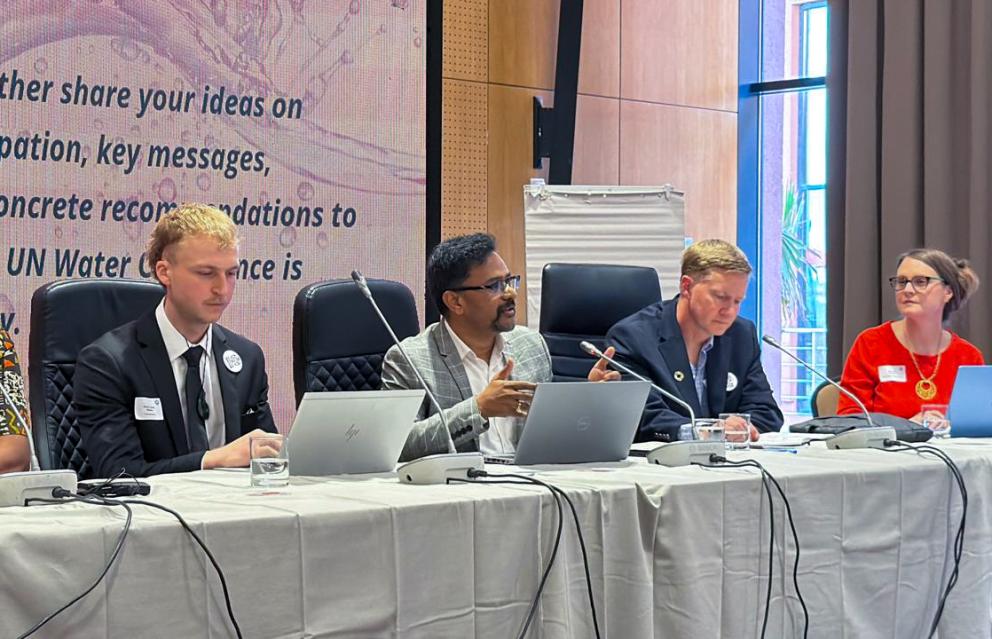- Choose peace over chaos, Guterres urges as he sets out final-year priorities UN News
- Global problems will not be solved by one power ‘calling the shots’, says UN chief Dawn
- ‘No one power’ can solve global problems, says UN chief as Trump…
Category: 2. World
-
Choose peace over chaos, Guterres urges as he sets out final-year priorities – UN News
-

‘Name a Cockroach after your ex’ returns at Chicago Zoo
For Valentine’s Day, Brookfield Zoo lets visitors name a Madagascar hissing cockroach after an ex
This Valentine’s Day, Chicago’s Brookfield Zoo is…
Continue Reading
-
U.S. sends additional warship to Middle East amid Iran tensions – Reuters
- U.S. sends additional warship to Middle East amid Iran tensions Reuters
- US military destroyer docks at Israel’s Eilat port: Report Al Arabiya English
- US interested in talks with Iran over strikes, Donald Trump says The Jerusalem Post
- UPDATE…
Continue Reading
-

Israeli settlers attack Palestinian Bedouin community near Jerusalem – Arab News PK
- Israeli settlers attack Palestinian Bedouin community near Jerusalem Arab News PK
- IDF says all suspects fled after arson attack by settlers on West Bank Bedouin encampment timesofisrael.com
- Settlers Set Fire to Two Homes in the Bedouin Settlement…
Continue Reading
-
EU to designate Iran's Revolutionary Guard as terrorist organisation, Kallas says – Reuters
- EU to designate Iran’s Revolutionary Guard as terrorist organisation, Kallas says Reuters
- LIVE: EU labels IRGC ‘terrorist organisation’ as Iran-US tensions roil Al Jazeera
- Iran latest: Tehran condemns EU after Revolutionary Guards designated…
Continue Reading
-

EU lists Iran’s Revolutionary Guard as terrorist group, says top diplomat – POLITICO
Kallas added that the move, which needed unanimous support from the EU’s 27 member countries, came in response to reports of brutal repression against protesters who took to the streets in dozens of Iranian cities to voice dissatisfaction…
Continue Reading
-

WCC joins water justice movements demanding human rights focus at UN conference
At the High-Level Preparatory Meeting in Dakar, Senegal, on 25-27 January, the People’s Water Forum – which includes the World Council of Churches (WCC) Ecumenical Water Network – issued a statement challenging corporate influence in global…
Continue Reading
-

Gohar Ejaz warns of 10M job losses for Pakistan
LAHORE: The former minister for commerce, Gohar Ejaz, has expressed concern over the trade deal between the European Union (EU) and India and warned that it could put the employment of over 10 million people in Pakistan at risk.
Speaking in…
Continue Reading
-

Nicki Minaj’s US citizenship questioned as she flaunts Trump Gold Card visa
Rapper Nicki Minaj flaunted her Trump Gold Card visa as she declared herself to be Donald Trump’s number one fan on Wednesday.
The…
Continue Reading
-
Putin meets UAE president ahead of Ukraine talks – Business Recorder
- Putin meets UAE president ahead of Ukraine talks Business Recorder
- Russia’s Putin tells UAE leader he wants to discuss Iran tensions with him Reuters
- UAE President begins official visit to Russia arnnewscentre.ae
- Russian President Putin to meet…
Continue Reading